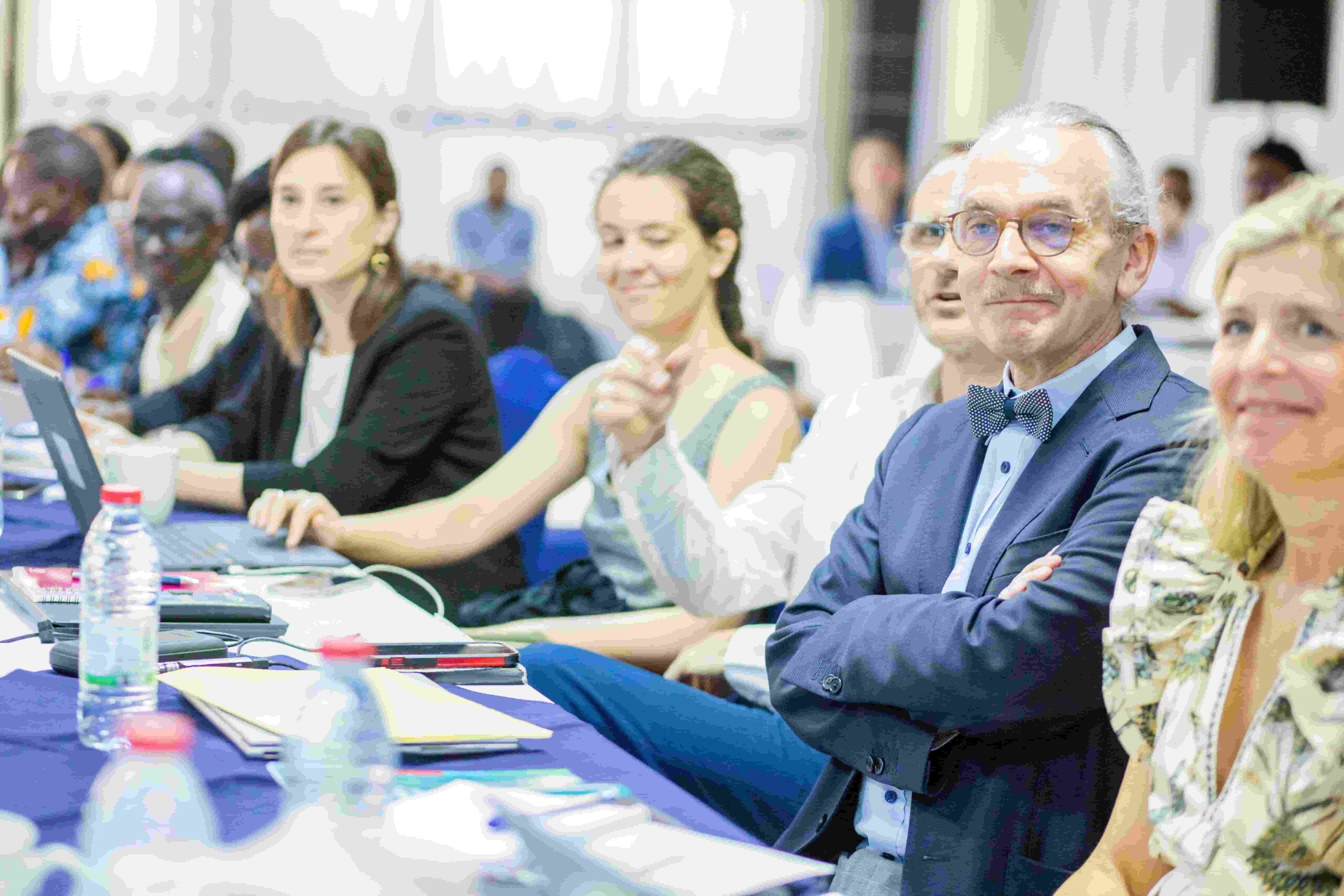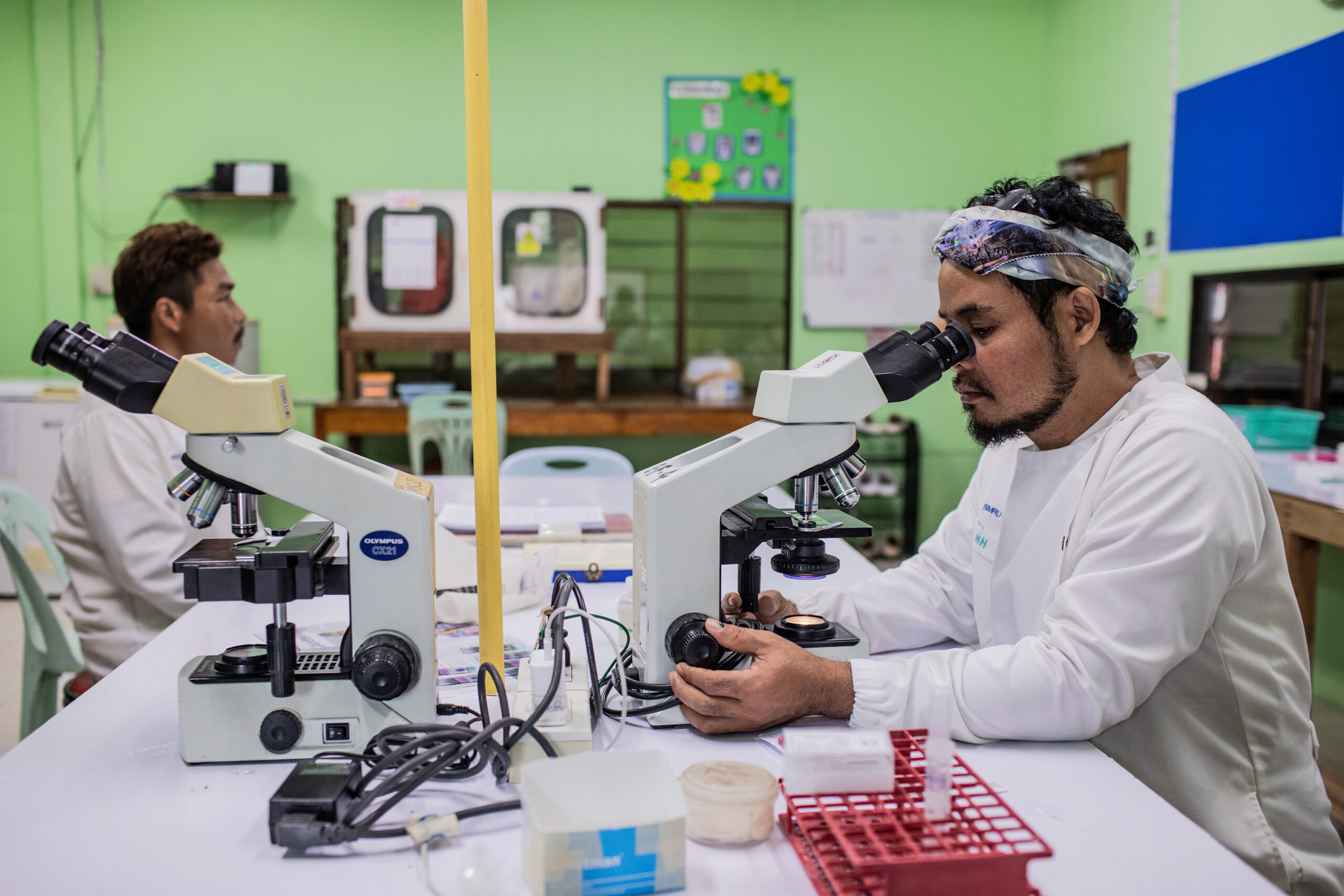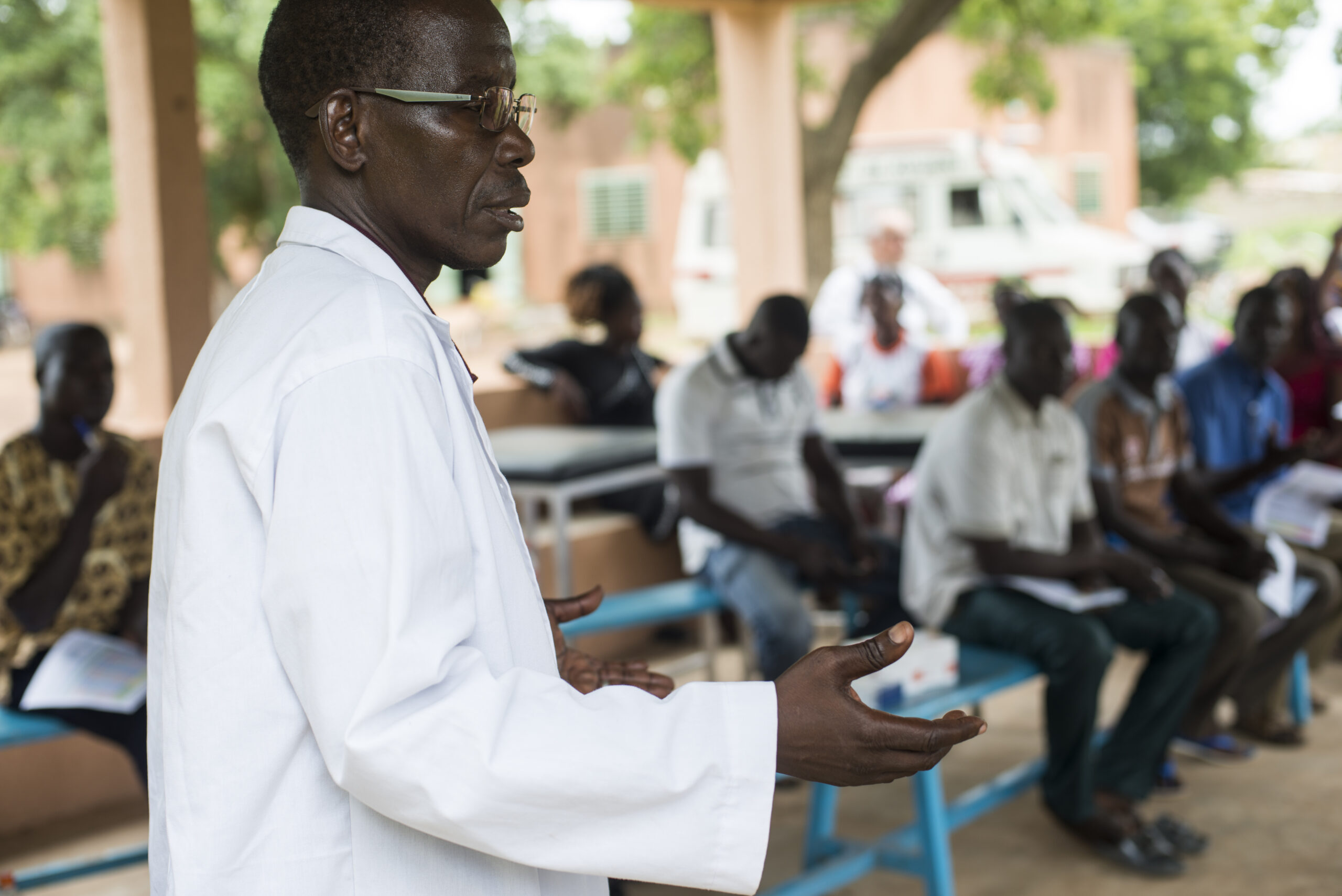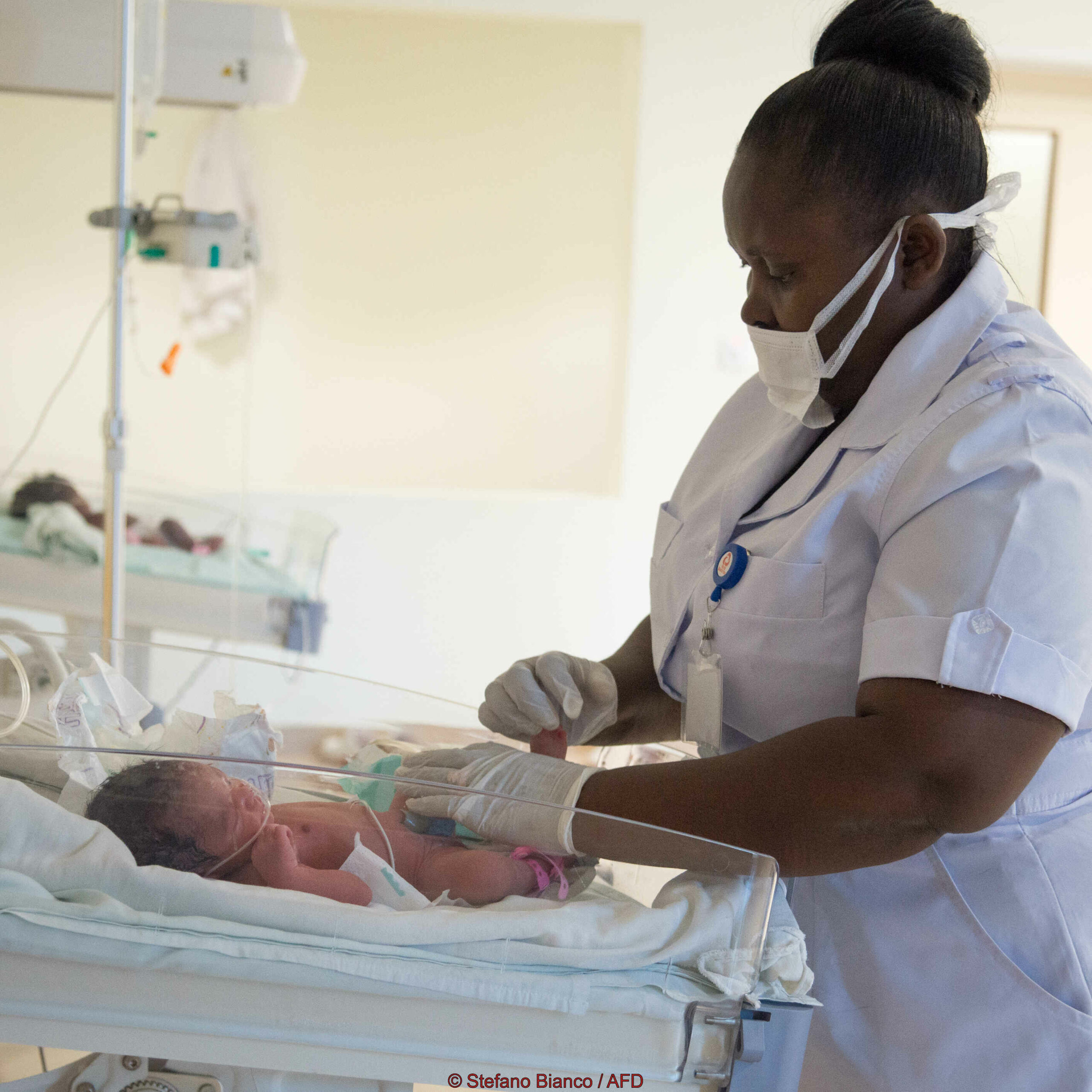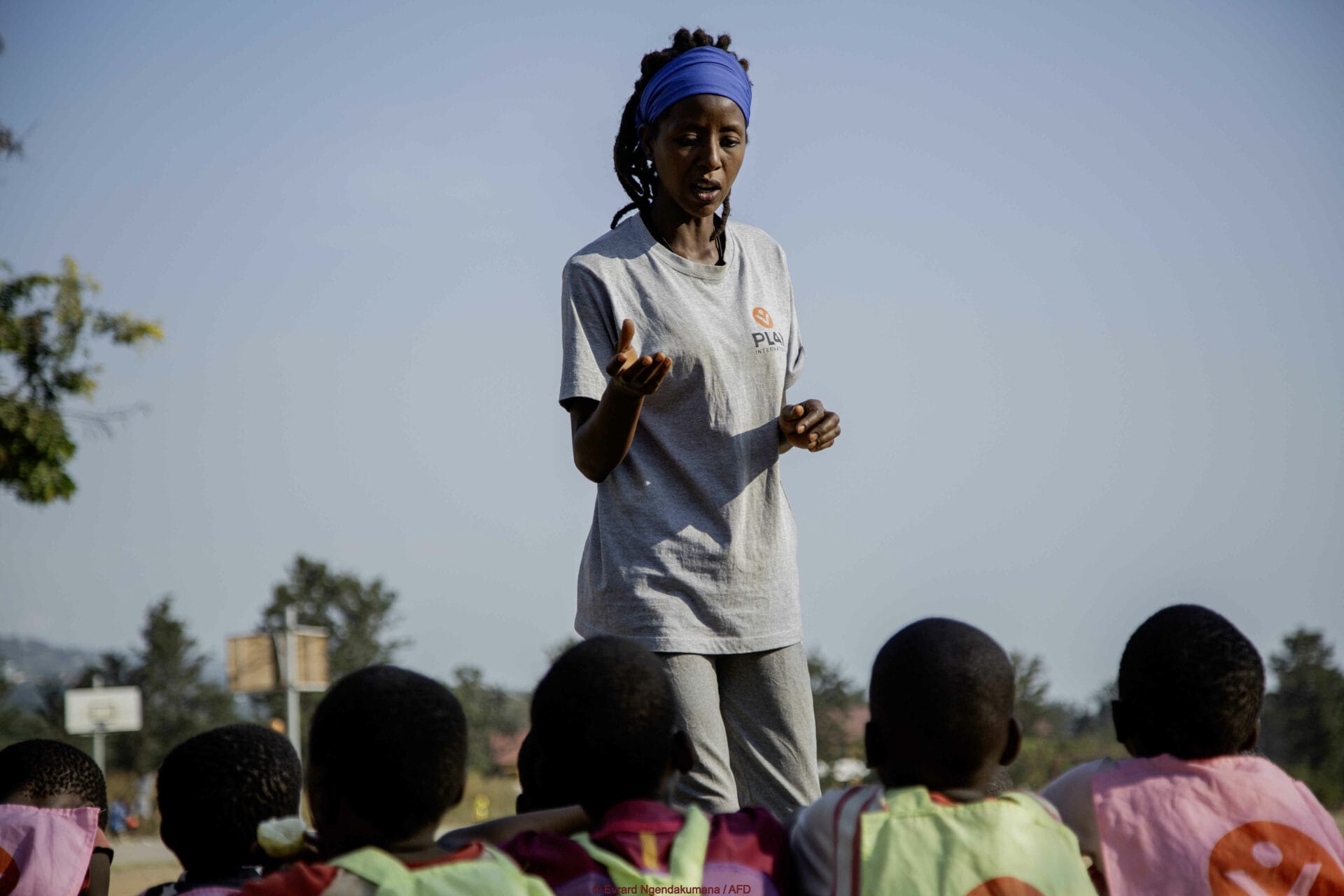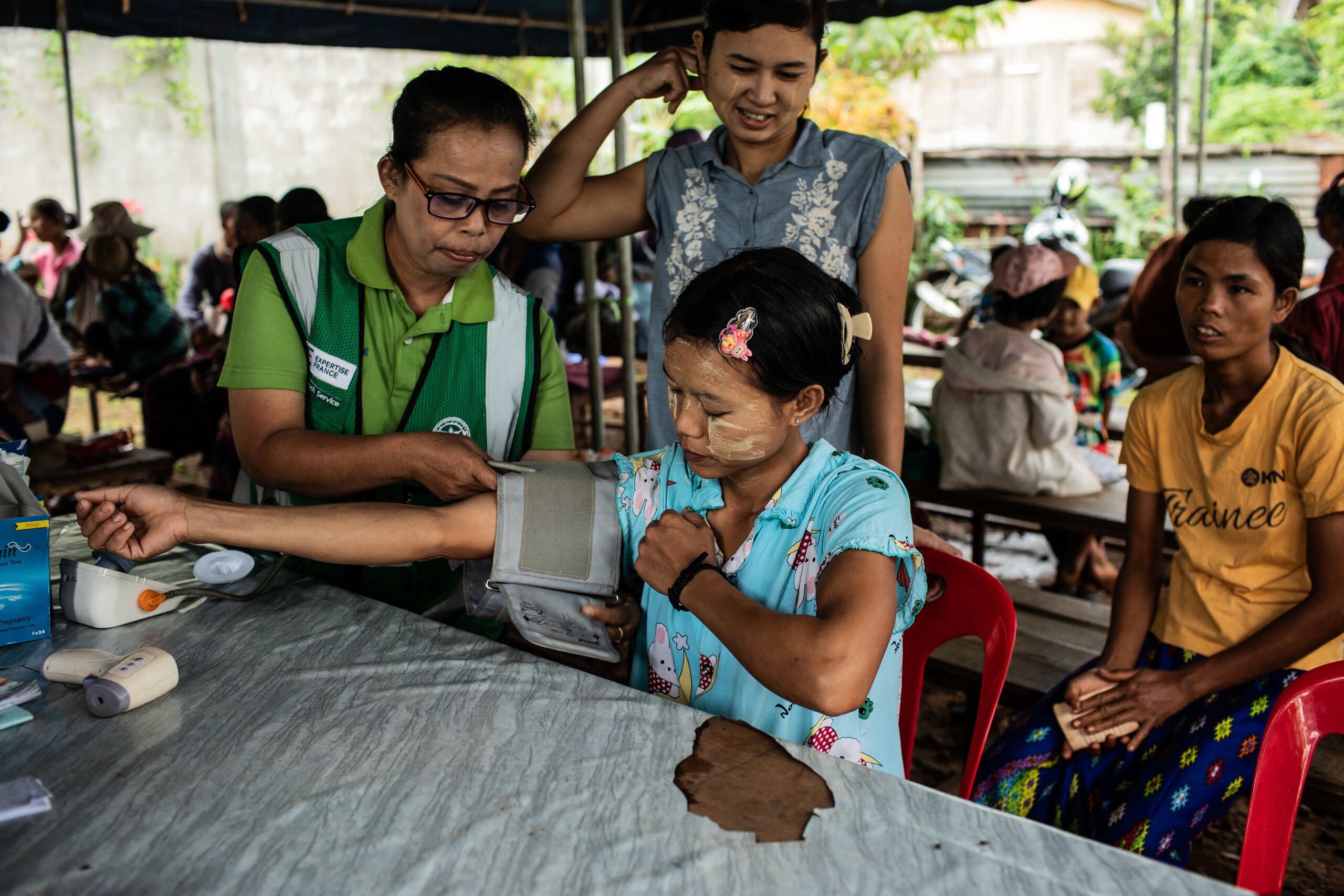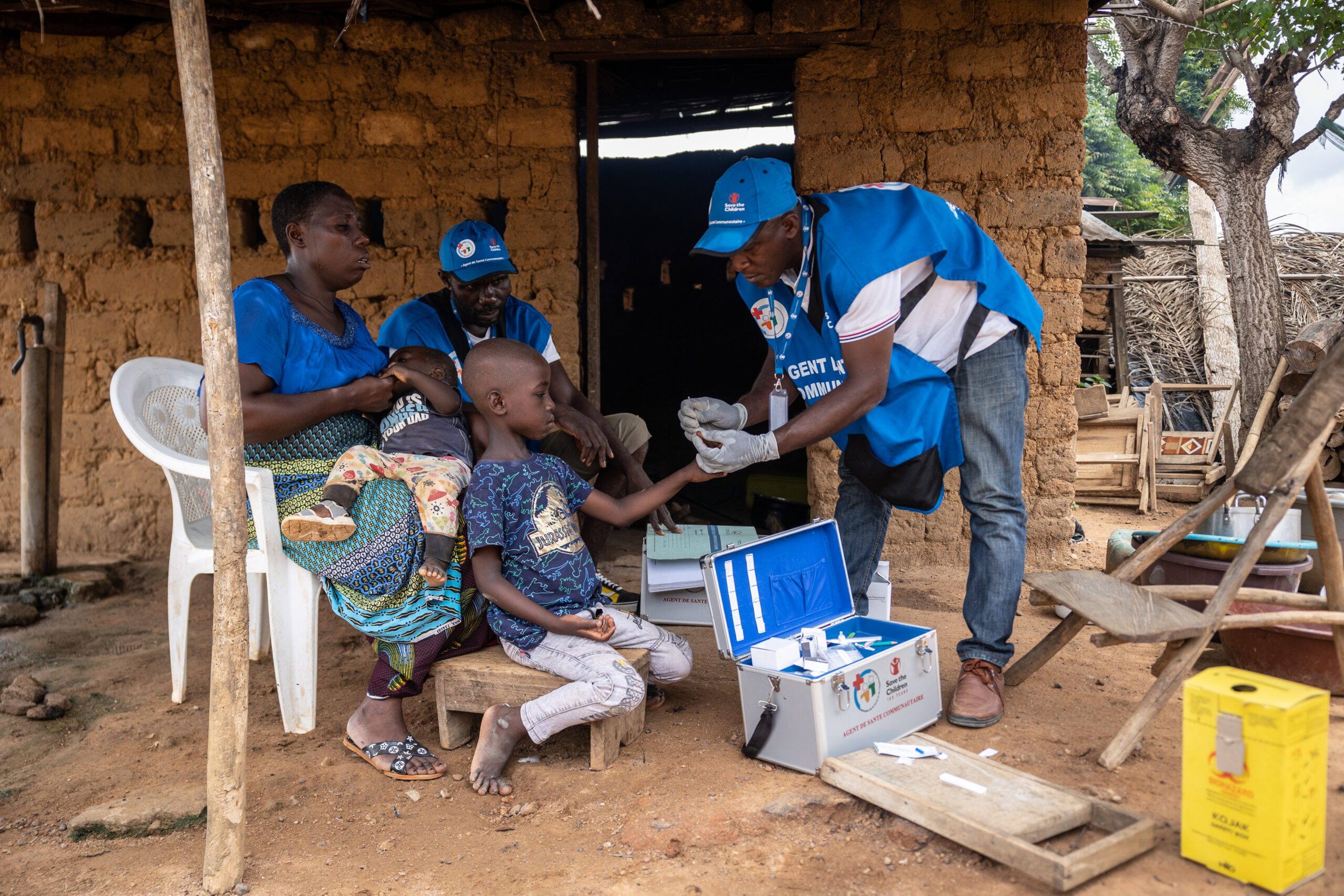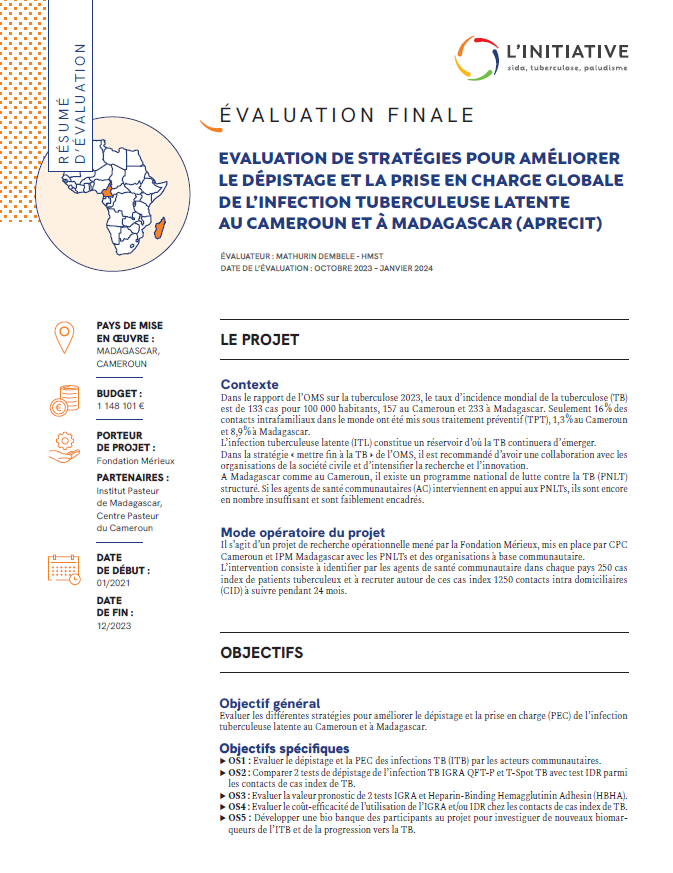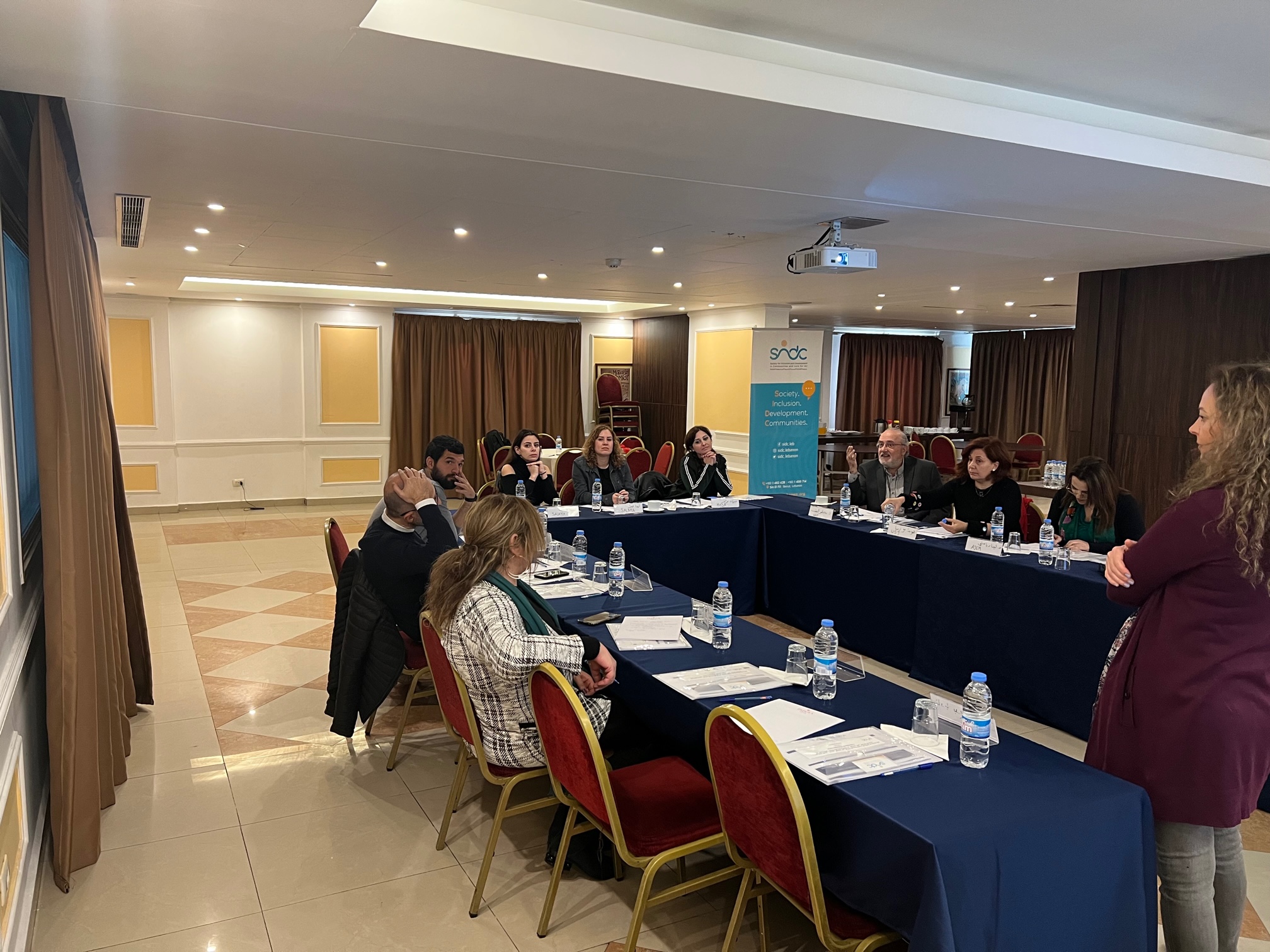
HIV/AIDS.
Persistent challenges
The human immunodeficiency virus (HIV) continues to pose a major challenge for global public health. In 2023, more than 39 million people were living with HIV. L’Initiative is contributing toward efforts to eradicate AIDS by 2030.
Every minute in 2022, one person died due to acquired immunodeficiency syndrome, AIDS. Untreated, this syndrome is characterized by infections and opportunistic diseases which can develop as immunosuppression worsens due to the progression of the HIV infection.
Although it is now easier to access antiretroviral treatments (29.8 million people around the world are now receiving treatment), much remains to be done to eradicate this epidemic. According to UNAIDS, 660,000 HIV-positive children still did not have access to treatment in 2022. Every week, 4,000 young women and girls contract HIV. This is compounded by persistent difficulties in accessing healthcare, particularly in sub-Saharan Africa. All these inequalities underline the urgent need for a united and coordinated response.
- 8
Countries in sub-Saharan Africa
65% of HIV-positive people are concentrated in this area.
- 1st
Cause of mortality among teenagers
AIDS is the leading cause of mortality among 10 to 19–year-olds in sub-Saharan Africa.
- 14 %
Of people are unaware they are living with HIV
5.5 million people living with HIV still do not know their HIV status.
The pressing need for a united response
Despite these obstacles and the lack of a preventive or curative vaccine, countries that invest extensively in a coordinated and collective response have seen encouraging results. L’Initiative aligns its efforts with the Global AIDS Strategy 2021-2026, which calls for action from political, social, and economic actors, as well as people living with HIV and communities that are at greatest risk from pandemic. The strategy promotes a united approach, which guarantees the right to health for all and which aims to eradicate both inequalities and AIDS.
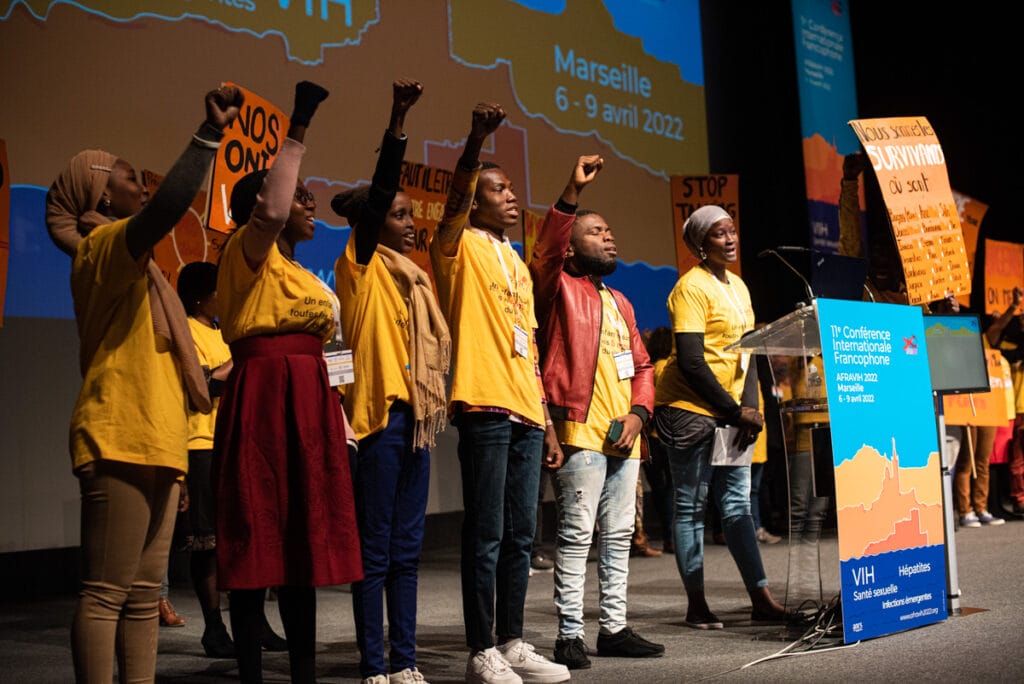
Our commitments in response to a persistent pandemic
France plays an active role in the response to the pandemic through L’Initiative. In 2022, more than €10.6 million were allocated to catalyst and technical assistance projects specifically targeting HIV.
- 40%
In 2022, 40% of L’Initiative’s projects were related to the HIV response.
Our commitment enables us to share the objective set by UNAIDS of eradicating AIDS by 2030. To achieve this, we support projects that encourage screening and treatment of pediatric HIV, the demedicalization of preventive and diagnostic work, the response to HIV co-infections, especially tuberculosis and human papillomavirus, and advocacy, prevention, and healthcare activities targeting marginalized populations.
Acting for young people</b
Around 2.7 million children and teenagers around the world are living with HIV. UNAIDS estimates that only half of them (52%) are receiving antiretroviral treatment. L’Initiative is intensifying its efforts by sharing expertise on pediatric HIV, as well as through targeted projects and expertise. L’Initiative provides its experts with access to resources on the transition to new pediatric treatments.
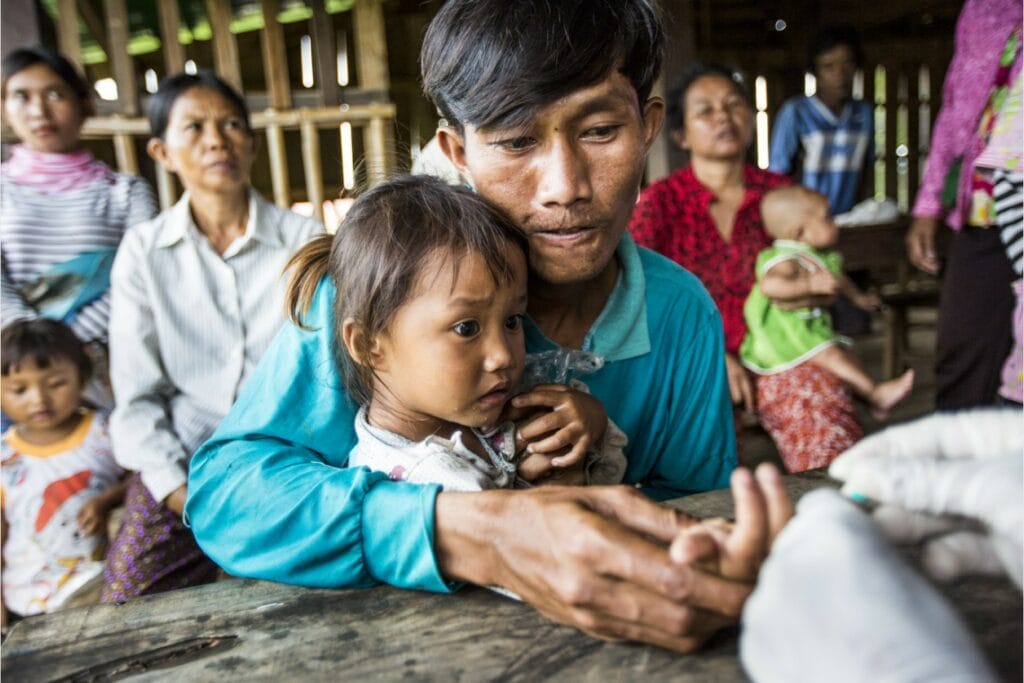
Rolling out new pediatric treatments
We contribute toward the dissemination of best practices for prevention and better information on innovative pediatric treatments. One of the most recent drugs to be approved is dolutegravir, which is now available in a pediatric formula and is recommended by the WHO. To accelerate its roll-out, we have produced a toolbox for partner experts, particularly those working in West Africa and Central Africa where availability of the treatment was lagging.
We are improving access to sexual and reproductive health and rights
SRHR are related to the recognition and protection of fundamental human rights in terms of sexuality, reproduction, and sexual health and well-being. In its new strategy, France recognizes and defends the rights of everyone to take independent, informed decisions about their partners, their sexuality, and their sexual and reproductive health, as well as their sexual practices, contraception, and choice to start a family.
L’Initiative has strengthened its position on these issues by funding technical assistance missions and intervention or operational research projects focusing on them to assist Ministries of Health, research institutes, civil society organizations, and/or Global Fund grant coordination bodies.
In the Democratic Republic of Congo, Mauritania, Côte d’Ivoire, and Senegal, L’Initiative supports NGOs working to educate teenagers and young girls on their rights, guide them toward appropriate healthcare services, and offer them comprehensive care to treat HIV, tuberculosis, malaria, and their co-infections.
We promote community knowledge
The HIV epidemic cannot be eradicated without focusing greater attention on the communities at greatest risk. Community actors play a key role in this regard through demedicalization. This process consists of reaching out to the people most at risk by training community health workers in procedures that are traditionally carried out by doctors or nurses in hospitals and healthcare centers. In this way, people who are usually isolated from prevention and diagnostic opportunities can be screened and guided toward appropriate treatment.
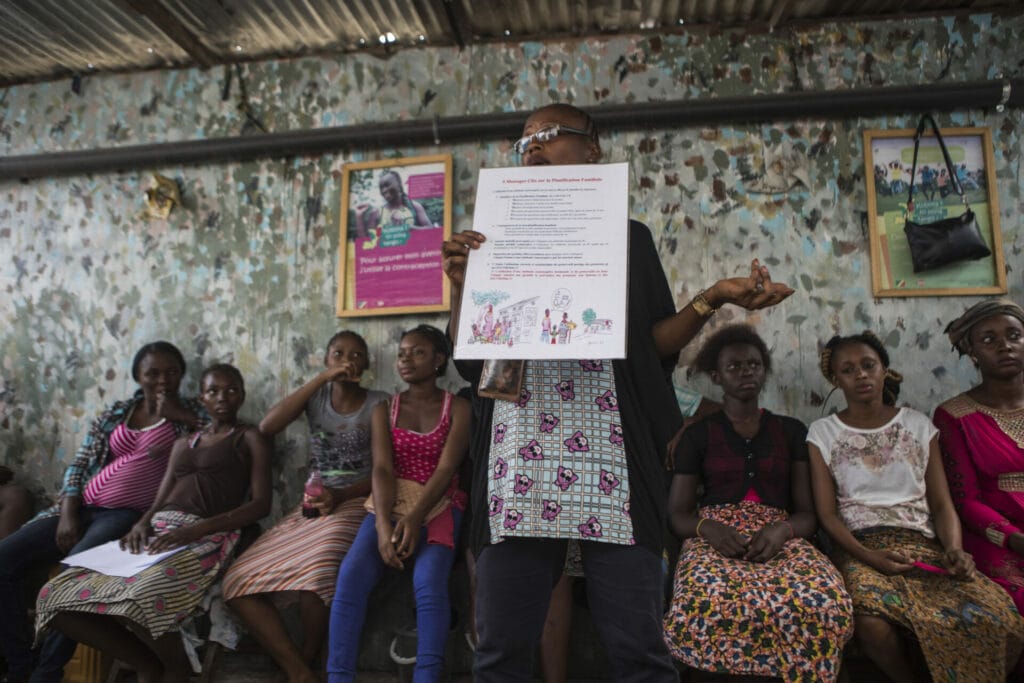
Encouraging peer education
This approach relies on the involvement of “peers,” in other words, people belonging to the same social group as the beneficiary, particularly people who are the same age or work in the same profession. L’Initiative supports NGO projects and facilities that place peer education at the heart of their approach, particularly in West Africa and Central Africa, where more than 100,000 young people are infected with HIV every year, two-thirds of them young girls. Given the scale of the situation, the NGO Solthis runs the PAJES project to encourage the development of inter-NGO advocacy on SRHR by empowering teenage girls in Guinea.
We take into account co-infection risks
The threat of co-infection weighs heavily on people who are HIV-positive. If they contract another infection (such as human papillomavirus, tuberculosis, or viral hepatitis), the clinical evolution of the new disease will be more uncertain and its treatment more complex than in HIV-negative people. Every co-infection requires specialized treatment, as well as specific preventive actions.
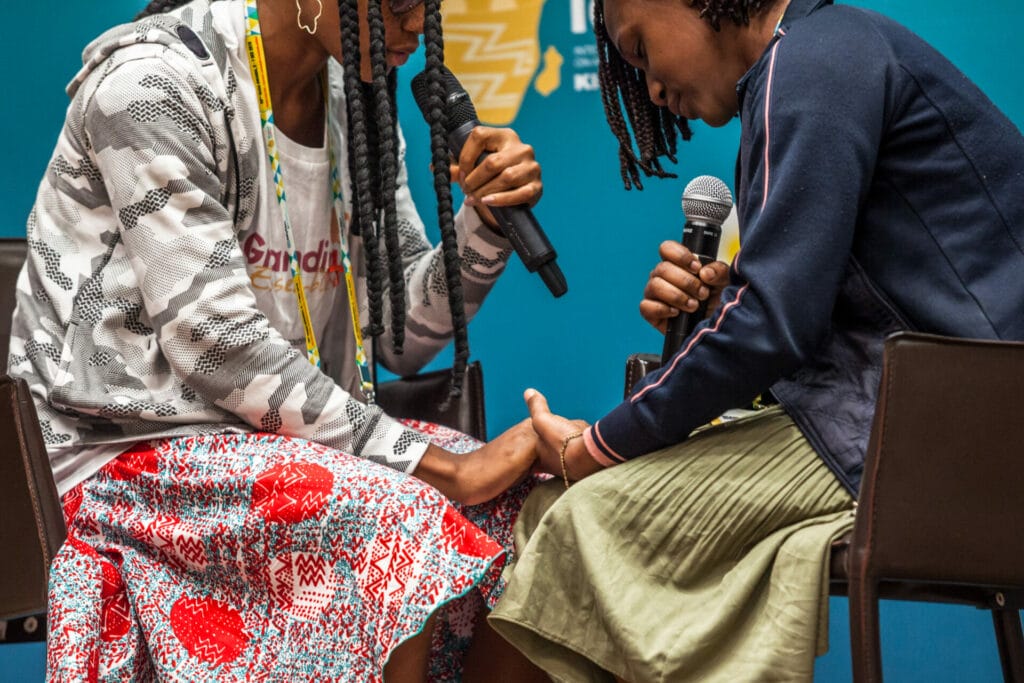
Fighting against cervical cancer
The link between HIV, the human papillomavirus (HPV), and cancer has been established. Immunocompromised women are more vulnerable to HPV infection, which can lead to cervical cancer. In 2022, L’Initiative dedicated its call for operational research projects to HIV/HPV co-infection and related cancers, selecting three projects. One of the projects funded, led by the French research institute Bouisson Bertrand, will evaluate the feasibility and acceptability of a cervical cancer screening program as part of reproductive healthcare for HIV-positive women and the general population.
We focus on marginalized populations
Marginalized populations suffer from economic insecurity and social isolation, which makes it more difficult for them to access health services. They may be discriminated against and refused treatment on the grounds of their sex, gender identity, sexual orientation, migration, or employment status. In light of this, L’Initiative is committed to developing targeted advocacy and undertaking practical work to support these marginalized communities who are at greater risk of infection. This means integrating their needs into funding applications.
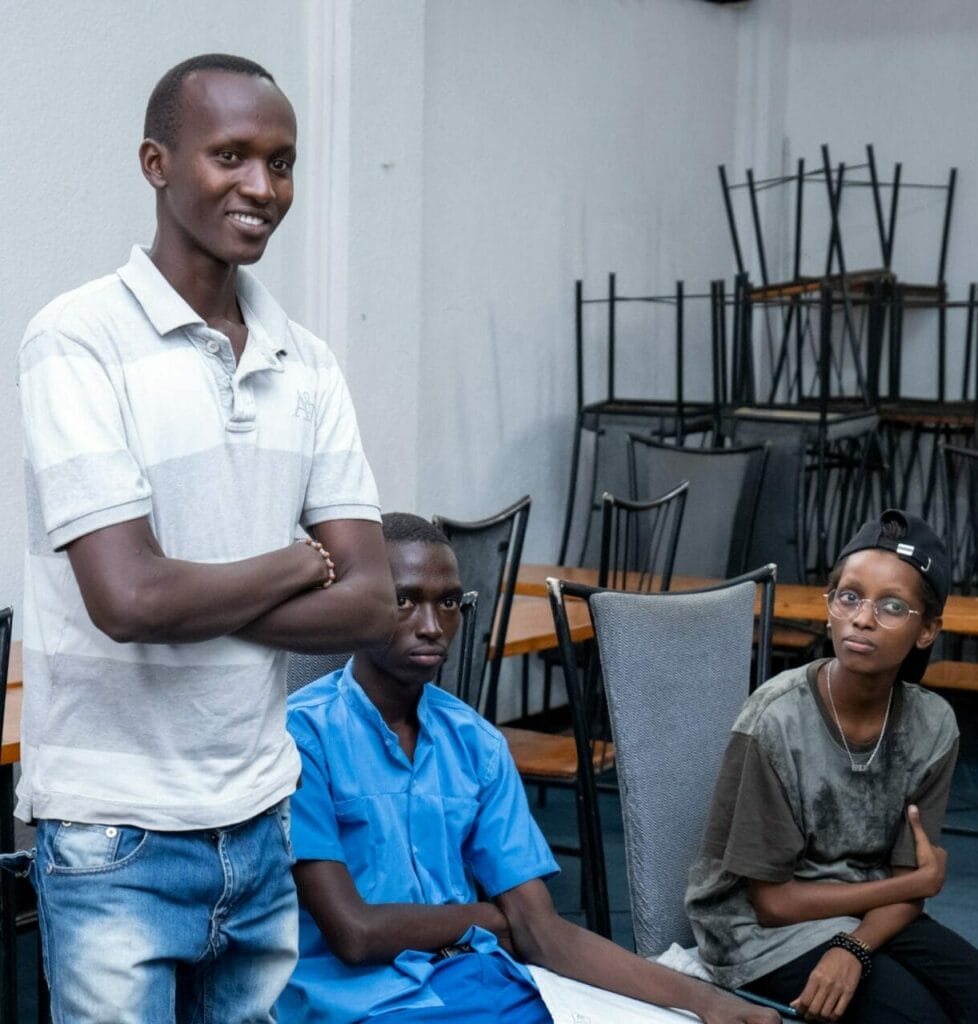
Guaranteeing access to healthcare for transgender people
L’Initiative supports the international organization Enda Santé in Côte d’Ivoire to respond to the specific needs of transgender people and fight the discrimination they face. To this end, the REVU Trans project seeks to promote the inclusion of transgender people and to increase their representation within health initiatives.
